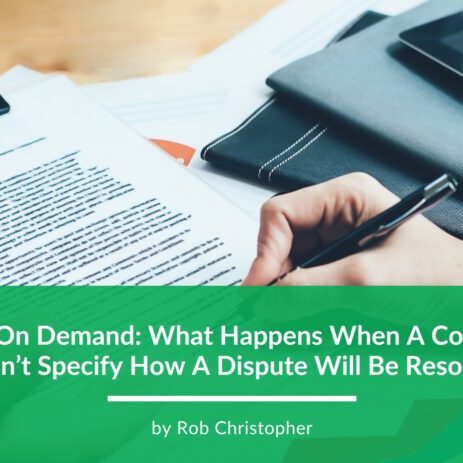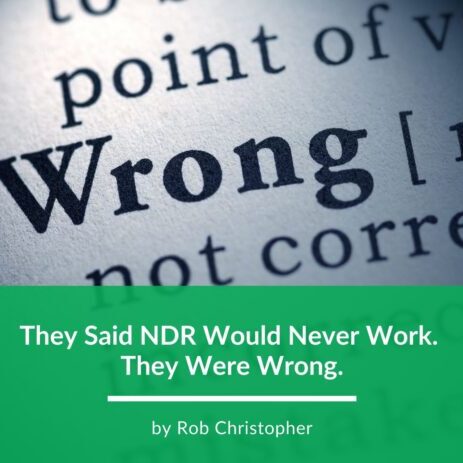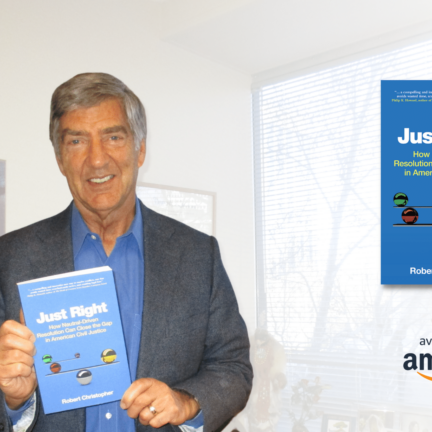Client Centric Lawyers

What does it mean to be a client centric lawyer? Lawyers get a bad rap sometimes and are seen as money grubbing slime-balls who bleed their clients for every dime they have. Now, that may be true in the movies but it hasn’t been true in my experience as an attorney. Most lawyers I know and have come across have been very client centric and are concerned about what is best for their client. (Whether the client listens to their advice is another story.)
What does a client centric lawyer really look like?
My favorite outside lawyer, when I was General Counsel, was a lawyer at Fenwick & West. Dan was acutely aware that our company was a start-up and that we didn’t have a lot of money, period. And we certainly didn’t have a lot of money to spend on outside counsel. He did two things that kept our expenses down and these actions told me in no uncertain terms that he was client centric. (All lawyers will say they are, but what actions support their statement?).
First, he arranged the team that supported us to contain two others who weren’t as expensive as he was but whom he trusted to know us and what mattered to us. Using these lawyers allowed us to do the work in an economical fashion with the less experienced lawyers and have Dan come in and supervise the work product. This enabled us to use his expertise only when we truly needed it.
Second, Dan took the CEO and me out to lunch every three or four months to talk and find out what was happening in the company. He didn’t charge us for his time and he picked up the tab. He took it upon himself to get to know us and the company, to see what progress we were making, and to see how we were doing personally in that tricky start-up world. Inevitably, he would provide some informed suggestions or direction for legal-related issues that arose during our meal-time conversation. Often, we would have an employment matter that would need his attention shortly thereafter. It was caring and smart business development practice, and it worked.
I’ve been presenting to a lot of lawyers lately and am running across more and more frustrated lawyers who wish that their clients would listen when they advise them not to litigate. One lawyer said very pointedly, “I don’t need a new kitchen.” Another one said, “I don’t have any more kids to put through college. Why won’t my clients listen when I tell them not to litigate their case?”
Like Dan, these are client centric lawyers. They are interested in helping you do what is best for you and your business. When they learned about Just Resolve’s dispute resolution service, they were so thankful there was a service they could recommend to their client that accomplished the same goal as litigation without the time and expense, even if it was work that they were not going to be doing. They recognize that not every case should go to litigation even if that is what the client says they want.
More to read
NDR on Demand: What Happens When a Contract Doesn’t Specify How a Dispute Will Be Resolved?
The best way to deter threats of litigation and minimize the costs, duration, and distractions of resolving any dispute is to put a dispute resolution clause specifying NDR — Neutral-Driven Resolution — in all your contracts BEFORE there is a problem. That means that if a dispute should arise between a business and a contractor,…
They Said NDR Would Never Work. They Were Wrong.
Many people are surprised by how effective NDR can be. Since publishing my book and speaking at events about NDR (Neutral-Driven Resolution), I’ve often been asked a simple question: Does it work? And if it really does lower the costs and the time it takes to settle common disputes, why doesn’t everybody know about…
“Morgan Hill author releases new book”
The Morgan Hill Times featured Rob’s new book in an article ahead of his “Meet the Author” night at Booksmart. “Legal disputes and conflicts cost businesses billions of dollars a year in lawyers’ fees, lost productivity, time and aggravation. A new book by Morgan Hill author Robert Christopher proposes an innovative, faster and simpler way…
Not All Disputes are Equal
Not all business and legal disputes are alike, and not all of them can be resolved in the same way. In writing my book Just Right: How Neutral-Driven Resolution Can Close the Gap in American Civil Justice, it was important to distinguish the types of common disputes for which NDR is most suitable. As readers…



